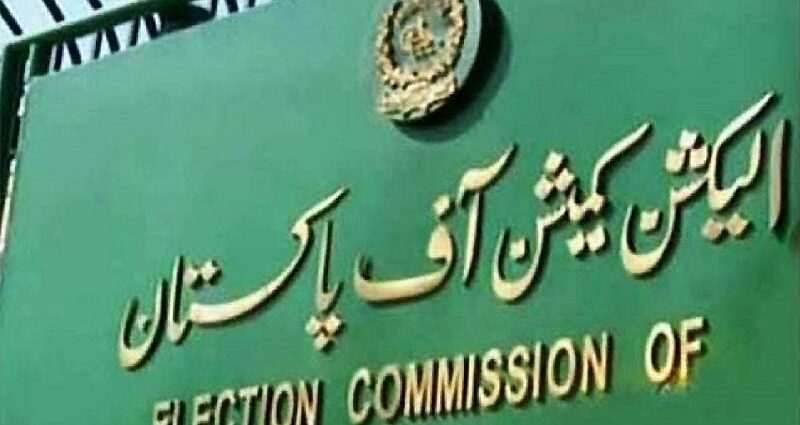Bye-elections on 20 vacant general seats of Punjab Assembly to be held on July 17
ISLAMABAD ( Web News )
The Election Commission of Pakistan (ECP) announced on Wednesday that the bye-polls on the 20 vacant seats of Punjab Assembly will be held on July 17.
The notification stated that bye-polls will be held on July 17, nomination papers can be submitted from June 4 to June 7 and scrutiny of nomination papers will be done till June 11 while the election symbols will be issued to the candidates on June 24.
The election tribunal will decide on the appeals by June 21, while nomination papers can be withdrawn by June 23.
By-elections will be held on PP-7, PP-83, PP-90, PP-97, PP-125, PP-127, PP-140, PP-158, PP-167, PP-168, PP-170, PP-202, PP-217, PP-224, PP-228, PP-237, PP-272, PP-273, PP-282 and PP-288.
The date for the by-elections comes after the ECP on Monday de-notified the 25 PTI MPAs that it had de-seated over defection from the party for voting in favour of Muhammad Hamza Shehbaz Sharif in the chief minister election.
The decision to de-seat the 25 PTI dissidents came during the announcement of the verdict in a case pertaining to the dissident members of the Punjab Assembly (MPAs).
Earlier, the ECP had issued official notifications for the cancellation of the dissidents’ election from respective constituencies of Punjab and seats reserved for women and non-Muslims.
“Pursuant to the Order dated the 20″ May, 2022 passed by the Election Commission of Pakistan in case No. 13(1)/2022-Law, upon confirmation of the declarations under Article 63A(1)(b)(i) of the Constitution of Islamic Republic of Pakistan, the Election Commission of Pakistan hereby de notify the following members Provincial Assembly of Punjab from the respective Constituencies, seats reserved for women, and non-Muslims in terms of Article 63A(4) of the Constitution,” the notifications read.
As many as 20 out of 25 dissidents were elected from different constituencies, three were elected on seats reserved for women and two were elected on seats reserved for non-Muslims.

